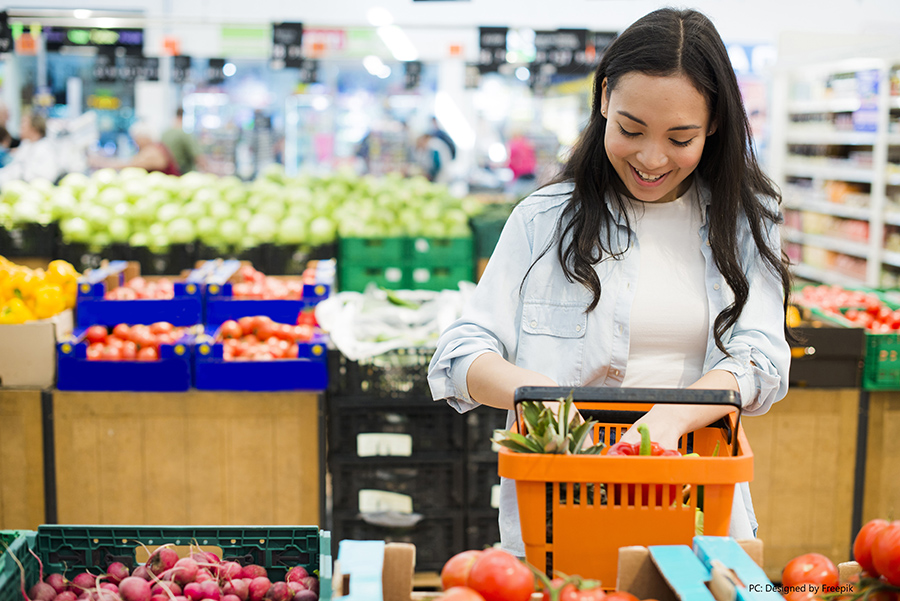
Consumers across Asia have indicated that their eating habits may change permanently once the world moves beyond the impact of COVID-19, states a Nielsen study.
In a study conducted by Nielsen in 11 Asian markets, consumers in Chinese mainland, Hong Kong, South Korea, Malaysia and Vietnam will rethink and re-prioritise eating at home. In Chinese mainland, 86% said they would eat at home more often than before the COVID-19 outbreak. In other markets, a similar trend was observed with 77% of consumers in Hong Kong planning to eat at home more often than before, and in South Korea, Malaysia and Vietnam, that number was 62%. Only Japanese consumers said they are less likely to change their eating habits as a result of the global pandemic.
The study also indicated a high demand for home delivery and takeaway, particularly in Hong Kong, South Korea and Thailand. This will have some implications on restaurants and other out-of-home businesses, while retailers have to rethink stocking to meet new levels of consumer demand.
“Given the extended period Asian markets have endured the COVID-19 escalation, the prolonged time people have had to spend in their homes in lockdown across a number of markets is clearly forcing a rethink in consumer behaviour. The desire to spend more time at home appears to be a likely side effect that will extend over time,” observed Vaughan Ryan, managing director – Southeast Asia, Nielsen.
“The initial assumption was that consumers were panic buying, but we have seen this behaviour now in markets for more than two months. If we think about Singapore as a country that already embraces home delivery of meals and Japan as one that has been less inclined, we’re seeing many more countries move closer to Singaporean habits than before,” Ryan added.
The shifts away from out-of-home dining to at-home food delivery, takeaways and cooking during COVID-19 period are locally nuanced by traditional consumption habits but also by the different quarantine and shutdown measures by market. For example, the Japanese have hardly increased ordering food delivery, while Thailand has leaned heavily on this channel.
As Chinese mainland returns from quarantine conditions, another Nielsen research study from Chinese mainland, Nielsen Social Intelligence Survey on Coronavirus, shows they are emerging with more of a “homebody” mindset, where health and technology are factors that will influence consumer spending and shopping habits in the short and longer term.
In Chinese mainland, nearly 70% of the respondents purchased daily necessities / fresh products more than twice a week. Home quarantine further cultivated consumers’ online shopping habits, with 89% of consumers saying they will be more willing to buy daily necessities / fresh products online once the pandemic is over. Additionally, 80% said they would pay attention to eating healthy even after the epidemic is over.
“This represents a key opportunity for manufacturers, retailers, restaurants and food delivery to rethink their health offerings and raise the bar even higher, ensuring their assortment satisfies expanding demand for health and convenience attributes – but with high quality and hygiene standards. For retailers, deepening online channels, improving offline-to-online services further and accelerating multi-channel integration will be how consumers shop in the future,” concluded Justin Sargent, president, Nielsen China.
Notifications